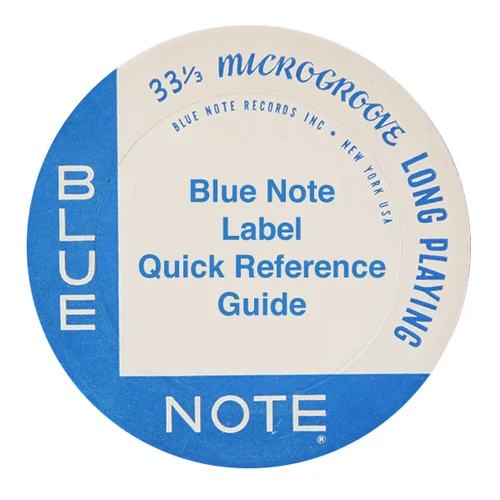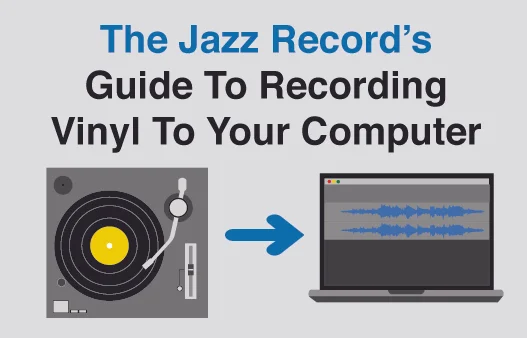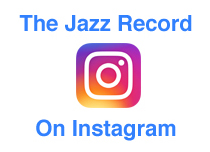Freedom In Song: Dave Holland Quartet - "Conference Of The Birds"
/Dave Holland • Conference Of The Birds • 1973 • ECM Records
Recorded November 30, 1972 at Allegro Studio, NYC
The Selection:
The Tracks:
A1. Four Winds
A2. Q & A
A3. Conference Of The Birds
B1. Interception
B2. Now Here (Nowhere)
B3. See-Saw
The Players:
Dave Holland - Bass
Sam Rivers - Reeds, Flute
Anthony Braxton - Reeds, Flute
Barry Altschul - Percussion, Marimba
The Record:
Conference Of The Birds is rightly considered a masterpiece of avant-garde jazz, due in no short order to the giant talents of the musicians involved, especially the group's young leader Dave Holland. The album is indeed avant-garde, with plenty of free jazz and post-bop elements thrown in, but in contrast to some of the sound experiments that would come before, and especially after, it is an immensely pleasurable and - most importantly - listenable album.
A young Dave Holland Feelin' The Spirit
This was Dave Holland's second release on the fledgling ECM label, his first as a leader, and it marked his coming-out party as an important voice and composer in the world of endless possibilities that enveloped the jazz world in the 1970s. Anything seemed possible at this point: electric jazz, jazz funk, post-bop, avant-garde and jazz fusion were the hallmarks of the day that seemingly appeared in one form or another with each new jazz release. Two other musicians that would emerge as important players on this new landscape, Sam Rivers and Anthony Braxton, are present here, and whether by choice or happenstance, their excellent solos are nearly indistinguishable from each other. Barry Altschul on the drums (or percussion, as the album puts it) had already made a name for himself playing with Paul Bley at the close of the '60s, and would remain an integral part of this new scene as well, going on to play with Holland, Rivers and Braxton on various albums throughout the ensuing decade.
Holland and Rivers had, of course, already established themselves by 1973, Rivers with his important works for Blue Note in the mid-1960's, and Holland through his work with Miles Davis where he appeared on Filles de Kilimanjaro, In A Silent Way and Bitches Brew. Holland was also a member of Davis' working group during this time, making up what is often referred to as the "lost quintet" with Davis, Wayne Shorter, Chick Corea, Holland and Jack DeJohnette, a group that toured in 1969 but never made it into the studio to record (you can hear them on the excellent Live at the Fillmore East, March 7, 1970: It's About that Time, a fantastic performance that also happened to be Shorter's last with Davis).
The concept behind Conference Of The Birds is simple in theory: the group sets down the theme at the start of the song (the key, tempo and mood) after which the musicians improvise their solos in whatever manner they choose. Simple in theory, sure, but not necessarily so in execution. It took a group of players of the caliber found here to ensure that the end result was not only "free" and exciting, but also a record that the listener could enjoy over repeated plays on the turntable. This certainly is the case here, Conference of The Birds sounds as fresh and inventive today as it did upon it's release nearly 43 years ago.
The Vinyl:
Not a whole lot to be said about the vinyl, it is your basic original ECM pressing from the early 1970's, not considered overly rare or very collectible, with an album like this fetching a modest $15 to $20 for a VG+ copy. I personally paid $16 at a shop a few years back, so right in line with the going rate, but worth much more to me as I had been hoping to come across a copy for years. Good things come to those that wait, especially when looking for vintage jazz vinyl.
The sound quality of the vinyl is surprisingly vibrant considering this is thin vinyl from the dawn of the era that brought us increasingly thinner and lower quality LP pressings. We have "ST-ECM 1027-A" and "ST-ECM 1027-B" machine stamped in the vinyl trail-off on their respective sides. The record was produced by Manfred Eicher, the founder of ECM, and the recording engineer was a fellow named Tony May, who appears to have extensive engineering credits in the field of jazz in the '70s and '80s, but not enough, I suppose, to have garnered a following in the jazz world.
There are no liner notes other than the following from Dave Holland himself:
While living in London I had an apartement (sic) with a small garden. During the summer around 4 or 5 o'clock in the morning, just as the day began, birds would gather here one by one and sing together, each declaring its freedom in song. It is my wish to share this same spirit with other musicians and communicate it to the people.
If you haven't discerned it from my glowing praise, this is one of my favorite albums from this time period and genre, and like all great jazz records it led to further explorations into the players involved. Most of Rivers '70s work is a bit too out there for me (I stick to his Blue Note output), but I have acquired a few Braxton albums over the years that are great listens when the mood is right. As for Holland, all of his ECM albums are uniformly excellent, and the dude has never stopped producing great jazz records, his work in the 2000s through today are all exciting and original works that - much like Conference of The Birds - demand and reward repeated play by any discerning jazz lover.












